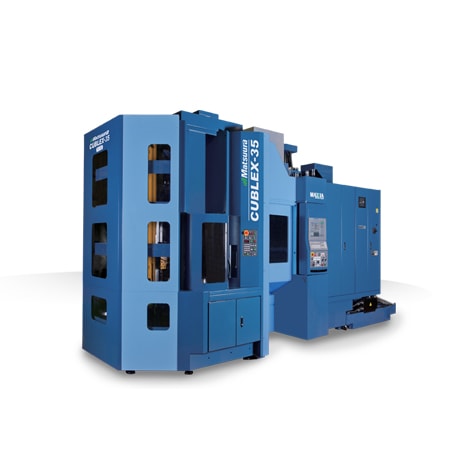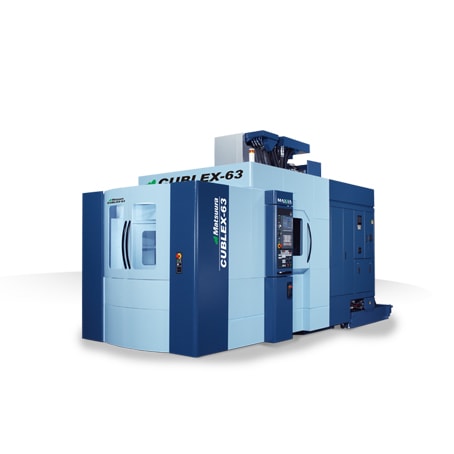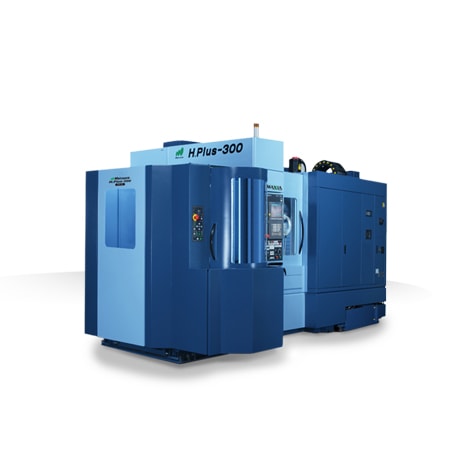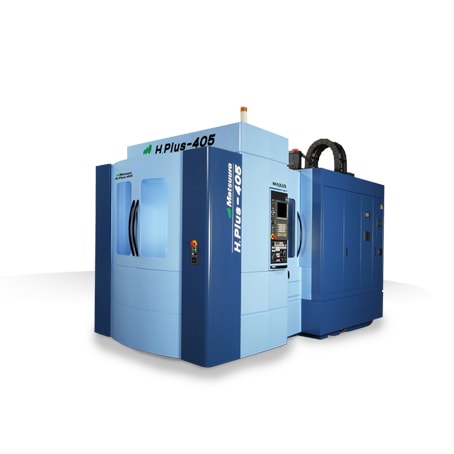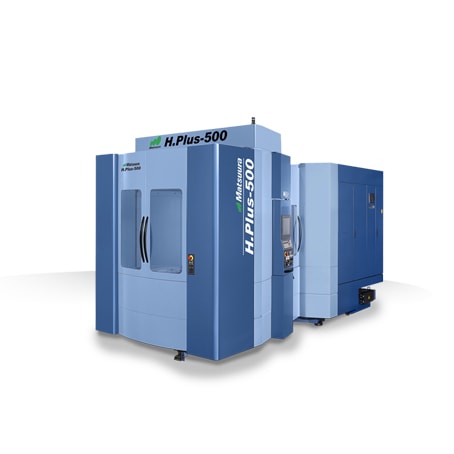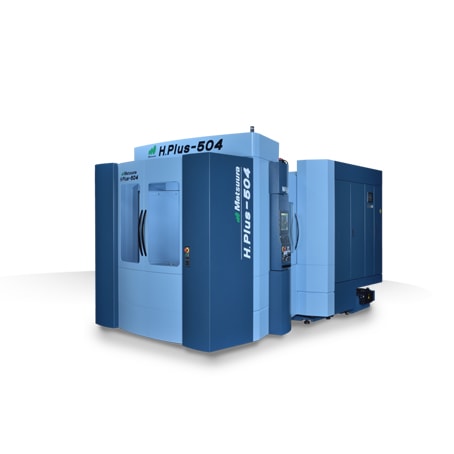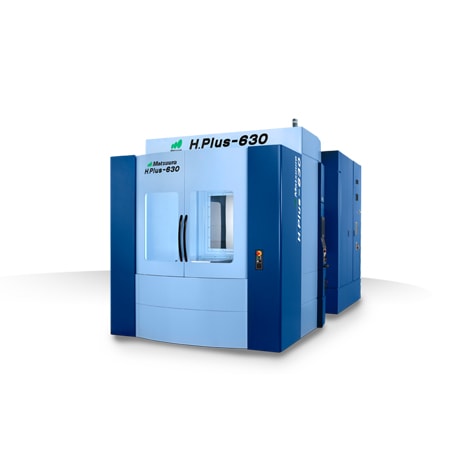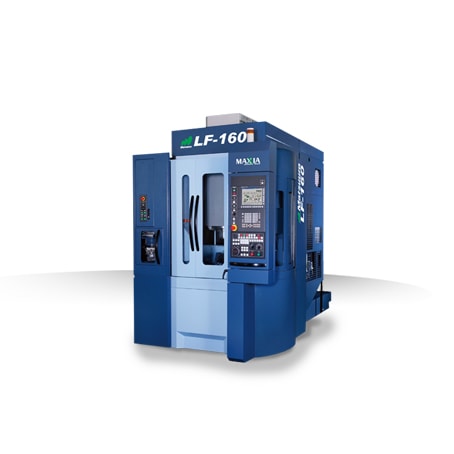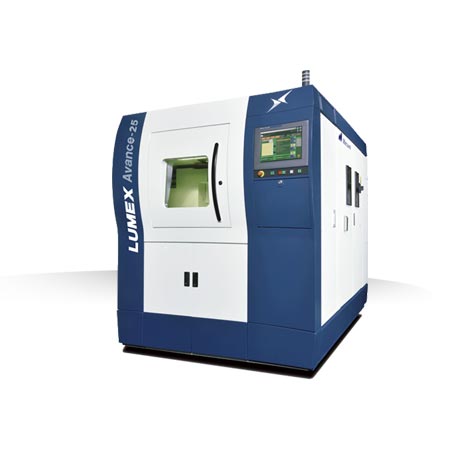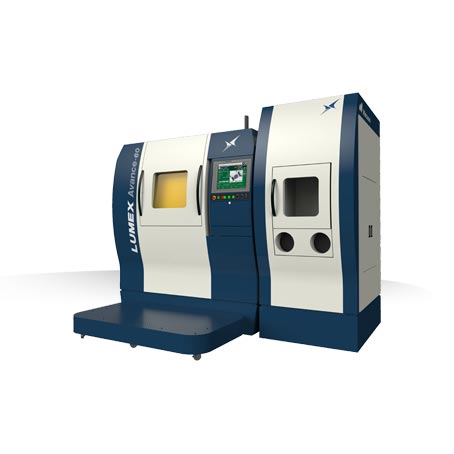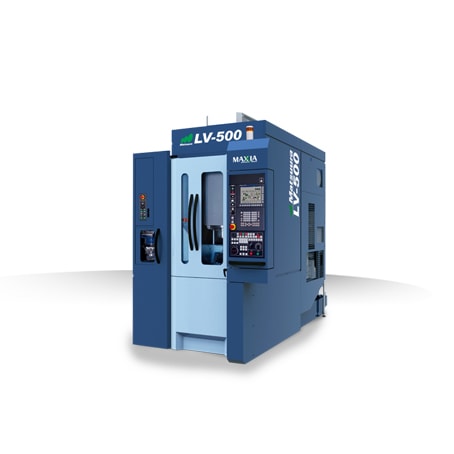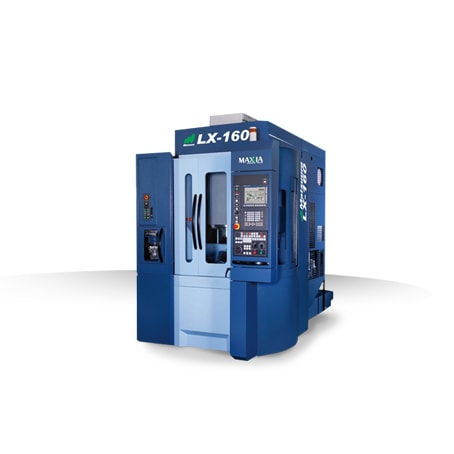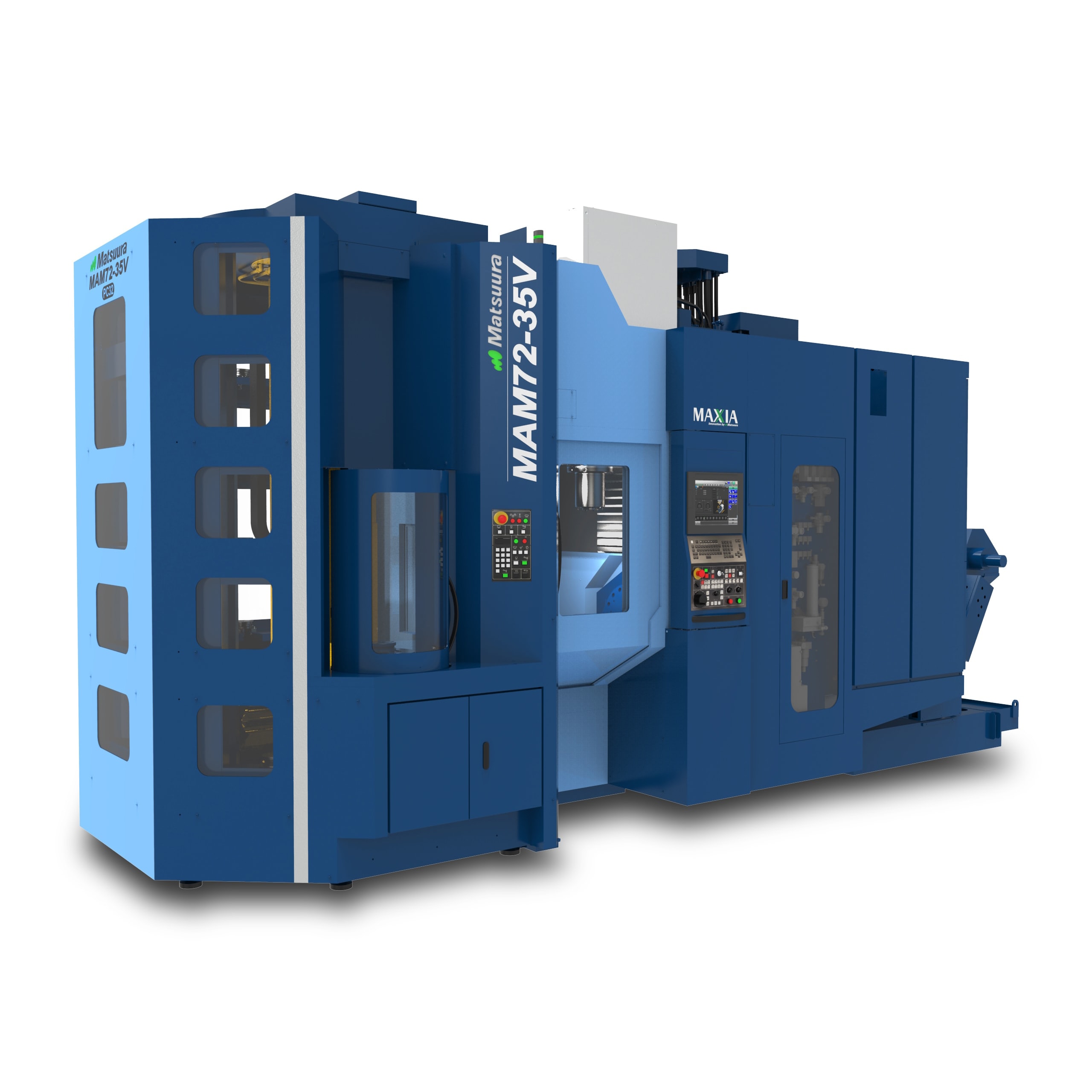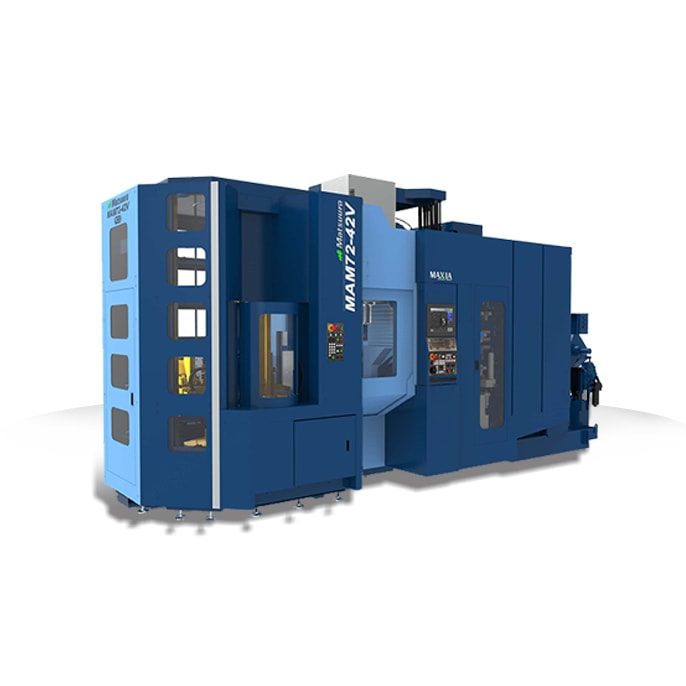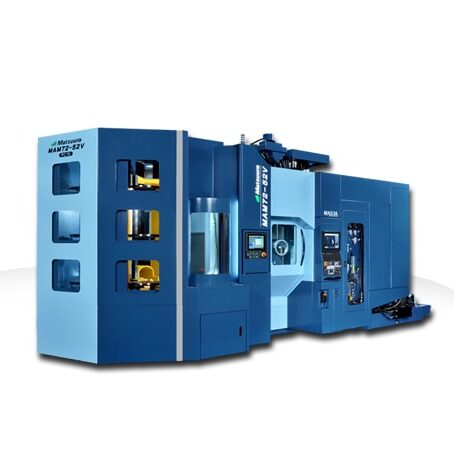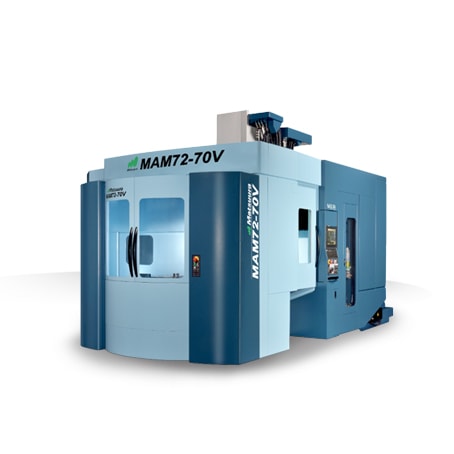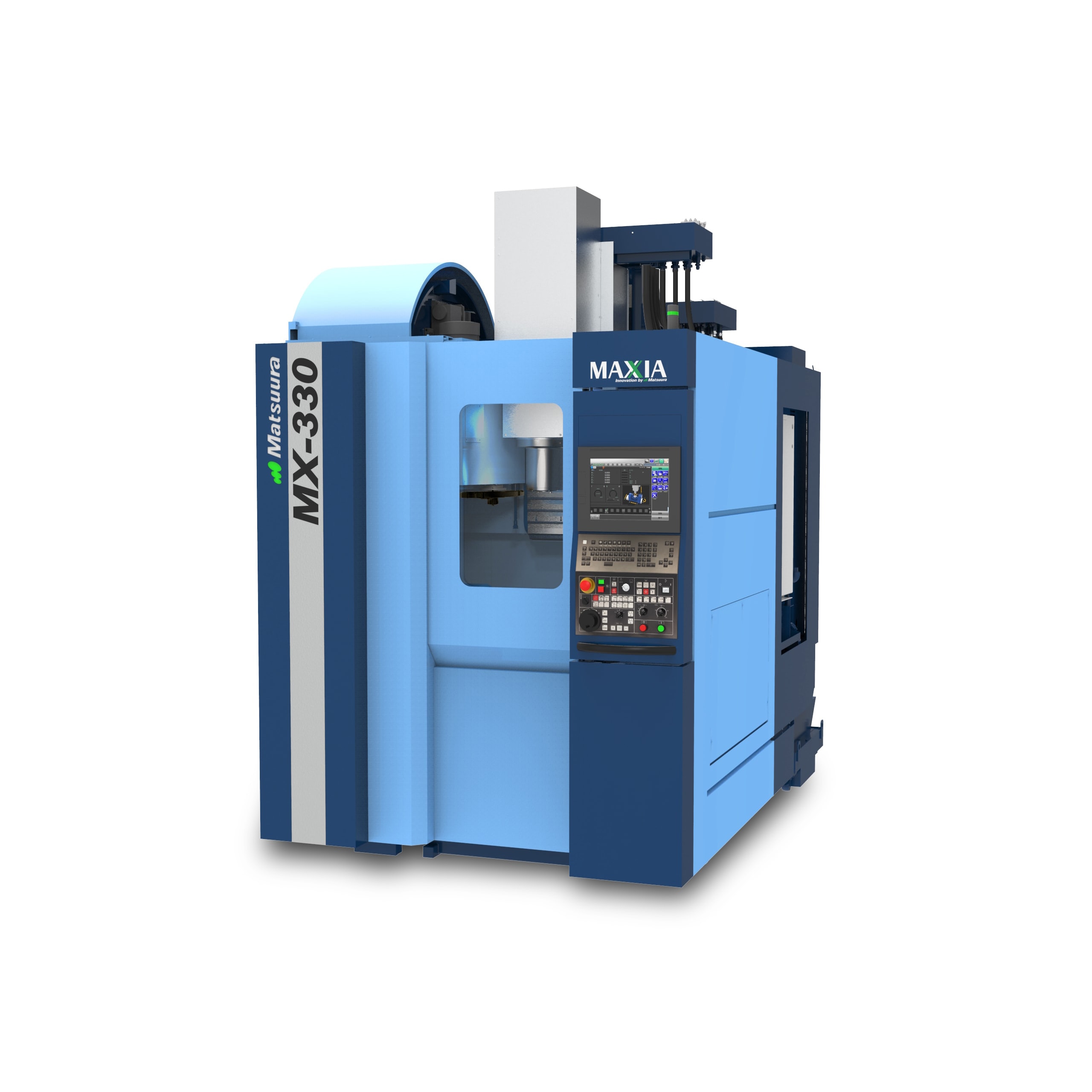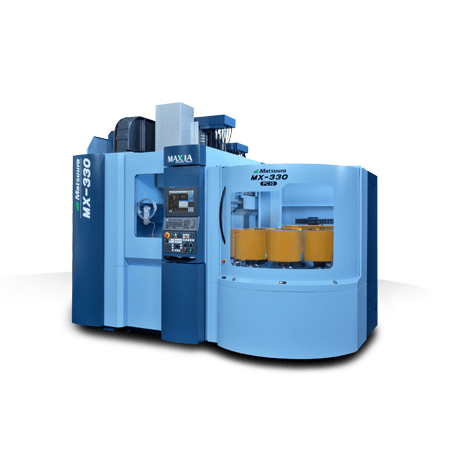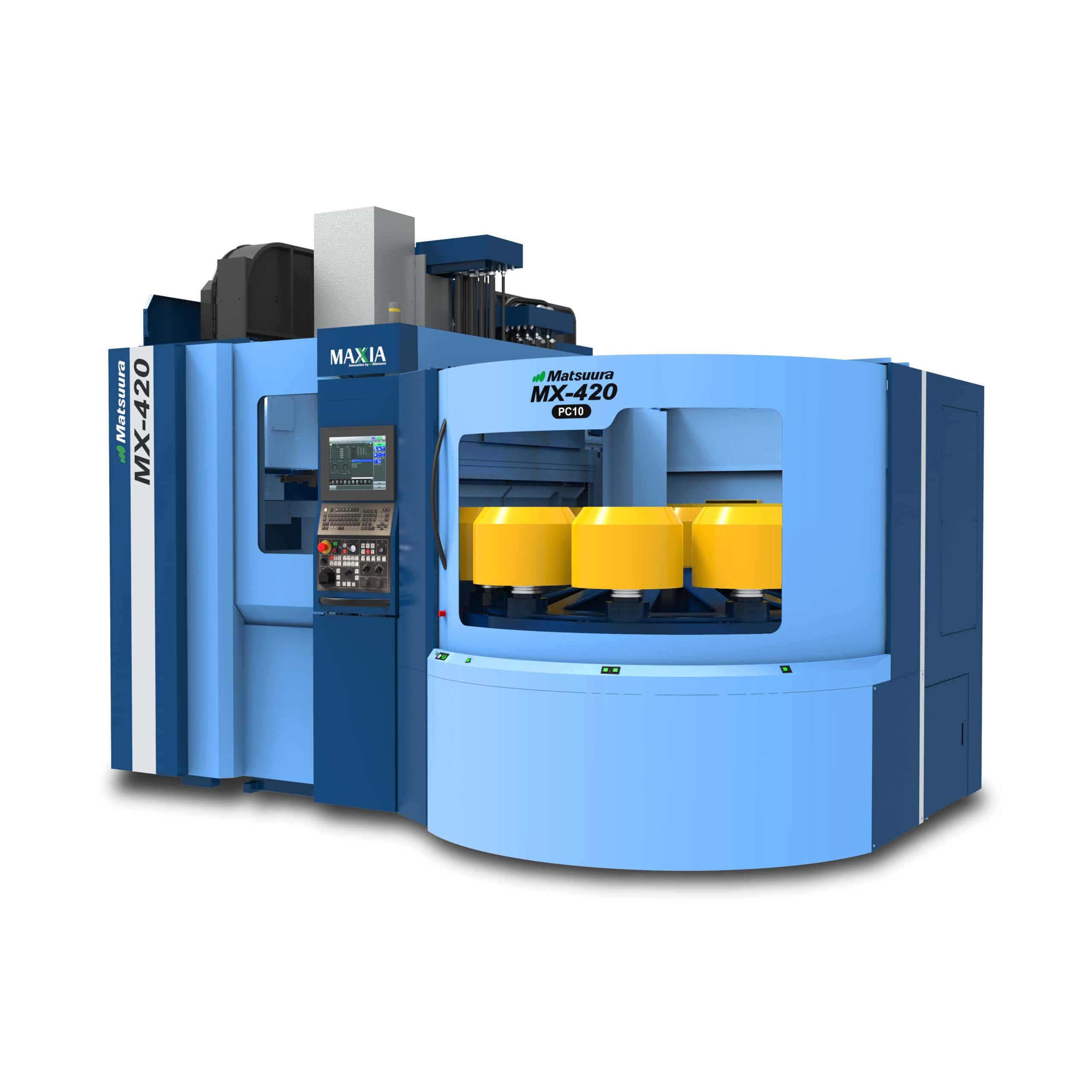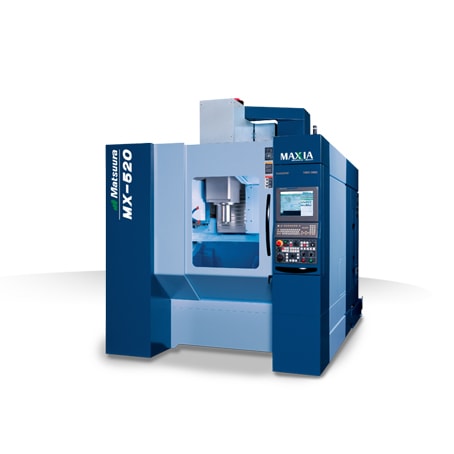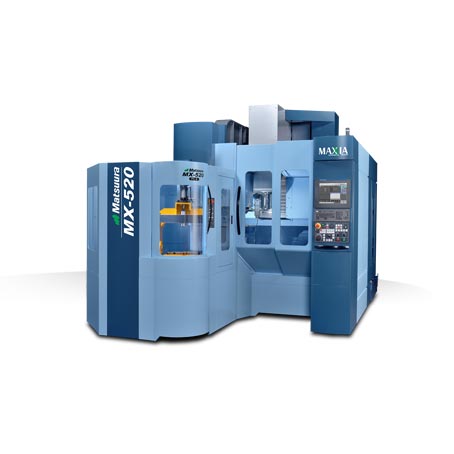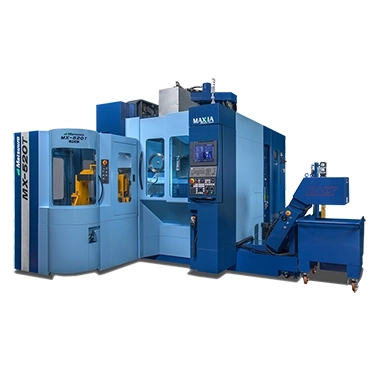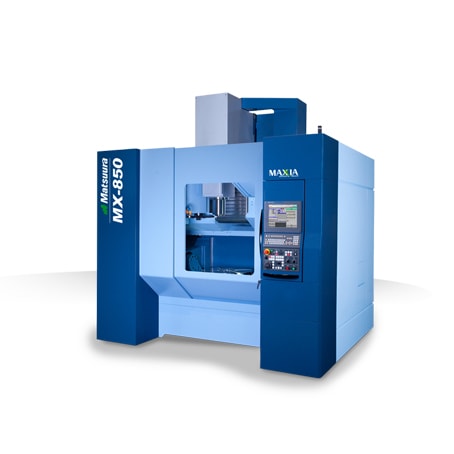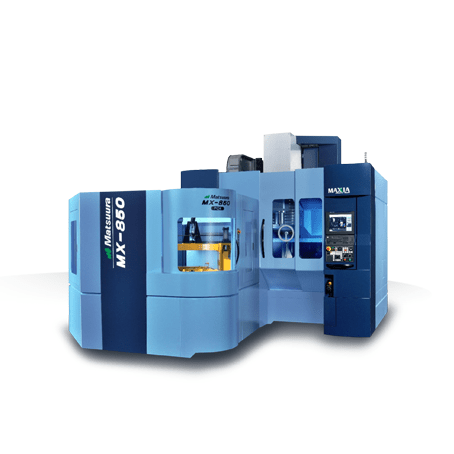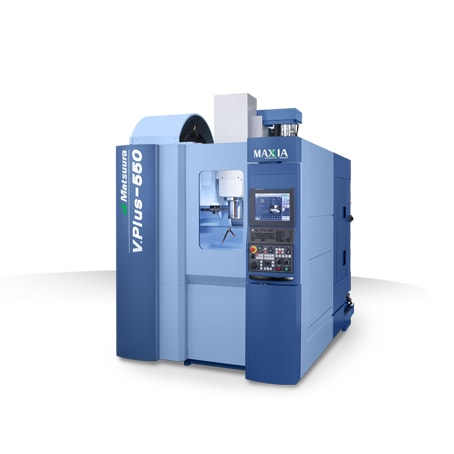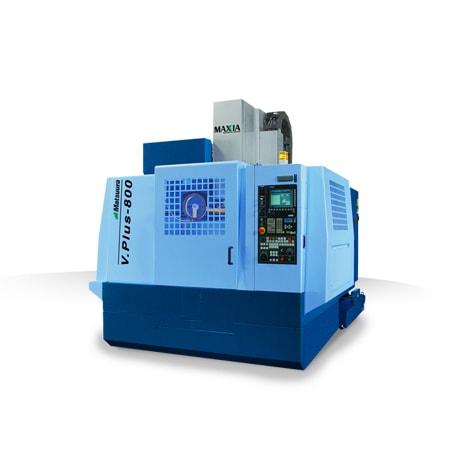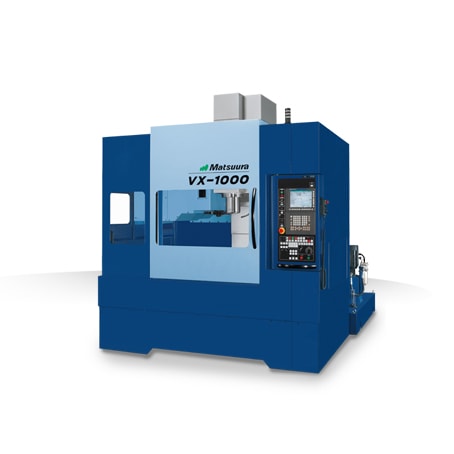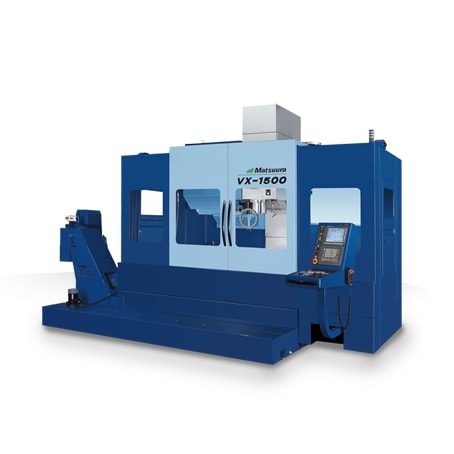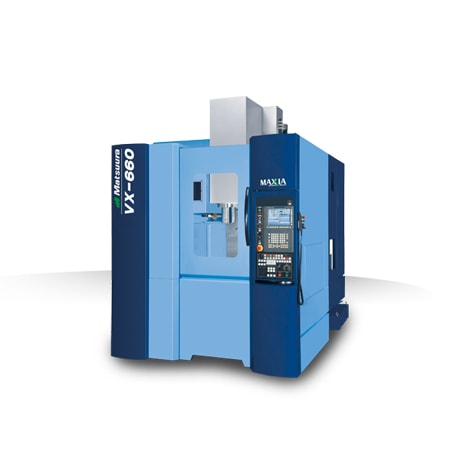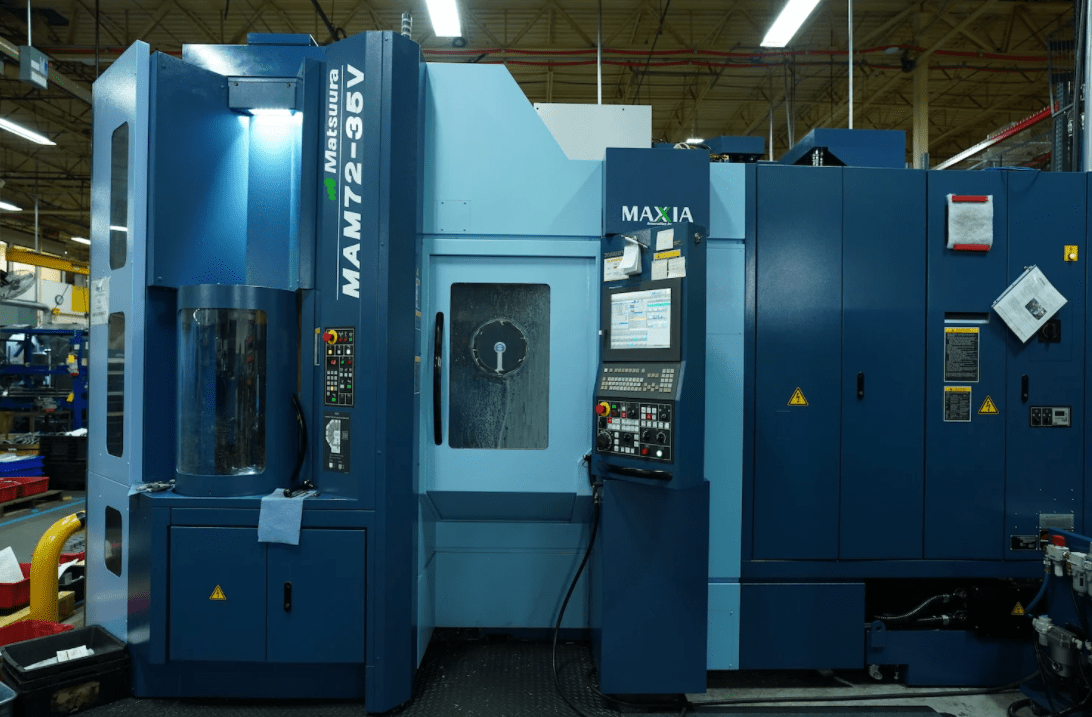 St. Paul, MN (November 16, 2020) — Matsuura customer, Jergens Inc. highlight their MAM72-35V and some of its innovative technology in a discussion about the IIoT in Crain’s Cleveland Business.
St. Paul, MN (November 16, 2020) — Matsuura customer, Jergens Inc. highlight their MAM72-35V and some of its innovative technology in a discussion about the IIoT in Crain’s Cleveland Business.
The ‘Matsuura IoT’ is an open source platform, enabling the sharing of information from numerous machines to your production monitoring systems. Remote “status at a glance” visualization of current machine status maximizes and optimizes process efficiency and unmanned production while countering unscheduled maintenance and downtime.
Learn more about ‘Matsuura IoT’ by contacting your exclusive Matsuura Distributor. Find your local distributor HERE.
According to Jay Miller, Crain’s Cleveland Business, The internet, where people shop, play games and catch up with friends, is on its way to becoming an important place where businesses keep track remotely of all kinds of data that can be supplied by sensors on the ground, in the air and on manufacturing equipment.
What’s called the Industrial Internet of Things (IIoT) has the potential to significantly transform the way businesses in industries including health care, transportation, energy, agriculture and beyond operate.
Importantly for Northeast Ohio, IIoT is starting to be used to keep machines on manufacturing shop floors running smoothly, in some cases eliminating the need for an increasingly hard-to-find skilled worker to stand over the machine. Creating an internet-linked environment in manufacturing allows business owners and managers to monitor their production lines from the executive suite or even their home and to know about serious, immediate problems — and to better anticipate when equipment may require maintenance, repairs or replacement.
IIoT is a part of a broader category called the Internet of Things, or IoT, which refers to interconnected devices embedded in everyday objects that provide the ability for people to remotely connect with those devices. With IoT, people can raise their home thermostat remotely on a smartphone or track the number of floors climbed or calories they’ve burned from a device on their wrist. The power of the Internet of Things comes from the ability to collect a lot of data and convert that into useful, actionable information.
But, said one supplier of sensors of both standard machine-based and IIoT sensors, businesses aren’t moving as quickly as they should into IIoT.
Helge Hornis, regional technical director for Pepperl+Fuchs North America in Twinsburg, an outpost of a German maker of industrial automation controls, said managers of any type of business should be talking to their suppliers for any of their machines or equipment and asking them to explain what it is that their product can do differently and better using IIoT.
“I wish our companies were more open to this discussion, but it’s not where I had hoped when this all started,” he said. “I mean, we started talking about this five, six, seven years ago, but not that many companies are willing to do a little test run. I think there are too many people who believe that it is very complicated.”
Locally, there is a movement to encourage and support the adoption of IIoT processes.
Team NEO, the regional economic development nonprofit, led an ad hoc group called the Smart Manufacturing Cluster of Northeastern Ohio that has developed what it calls an IIoT roadmap for businesses to identify the opportunities and impact that IIoT can have in the region.
“How do you make your manufacturing facility more productive, more effective, more efficient? That’s by applying sensors and uploading that data, many times to the cloud, and then creating dashboards,” said Jay Foran, senior vice president for industry and innovation at Team NEO. “It’s really about problem resolution. Like where are your pinch points? Where are your problems? And you can do this now. You can put a sensor on one machine, even though you have 12, right? And you can then get started and do a pilot.”
Based on the group’s research, Team NEO believes that greater IIoT application in factory settings has the potential to add $5 billion annually to the regional economy by 2025.
The technology is beginning to have an impact on local metal benders, said David Klotz, president of the Independence-based Precision Metalforming Association. PMA’s 800 members use stamping, fabricating and other processes to create metal products used by, among others, the automotive, defense and medical products industries.
“A lot of them are using technology because, you know, they have to, because there’s a lack of (skilled) workers out there right now. It’s is really tough for them right now,” he said. “So they’ve got to move on to doing more automation so they can say, ‘Tell me how this machine’s running?’ Or they can move on preventive maintenance in advance.”
At Jergens Inc. in Cleveland’s Collinwood neighborhood, IIoT is allowing the company to run some of its machine tools that make the pieces and parts — things like clamps and fasteners for American manufacturers — unattended at night and on weekends.
“We now are getting sensor (readings) and error (messages) sent to people’s phones where they can remotely log in, see if there’s a sensor that can be cleared out,” said Jergens general manager Matt Schron. “That allows us, at that point, to keep the machine (running) as opposed to having to sit there and do nothing.”
Sensors on shop floor machines aren’t new. They’ve been used for years to measure things like temperatures and speeds.
“What is new with IIoT is the fact that the information that comes from these sensors is no longer just at a (machine) location,” said Hornis, or Pepperl+Fuchs. “(Manufacturers) can create dashboards that allow them to handle whether it’s preventative maintenance or whatever, more quickly, more efficiently,” from remote locations.
Hornis is on the factory automation side of Pepperl+Fuchs. Its sensors monitor machines that make things. Another side of the business, process automation, makes sensors for the oil and gas, pharmaceutical and food processing industries.
“You know, things that flow continuously,” he said. “It could be yogurt, where you have to measure consistency, temperature, all kinds of things. You have to be constantly measuring.”
At CrewTracker Software, a Cleveland firm whose software is used by landscapers and snowplowing services, IIoT sensors around client properties provide the software with data on things such as ground temperature, air temperature, humidity and even parking lot pavement temperatures. That allows CrewTracker’s clients to better schedule lawn mowing and snow plow trucks. Its internet-connected software is also used by janitorial services.
“This software actually manages their crews,” said CEO John Paganini. “It tells (snowplowers) where their routes are, what the surfaces are like, what the services they’ll perform are based on road conditions, temperatures and how much snow is on the ground. If we can be very efficient on the exact chemicals and salt and sand that we’re dropping on the roads, we can have less impact to the environment. We can save money, we can save time.”
Matsuura Machinery USA, Inc., located in St. Paul, MN is the U.S. subsidiary of Matsuura Machinery Corporation in Japan. Since 1935, Matsuura has been the forerunner in designing innovative technology and manufacturing solutions to a variety of industries around the globe. Matsuura Machinery USA, Inc. delivers unmatched excellence in 5-axis, vertical, horizontal, linear motor, multi-tasking CNC machine tools and machines with a powder bed metal AM platform with machining capability. Matsuura Machinery USA, Inc. provides the service, applications and technical field support that have always been the Matsuura standard for business.
For more information on Matsuura products, contact: [email protected] or visit: matsuurausa.com.
